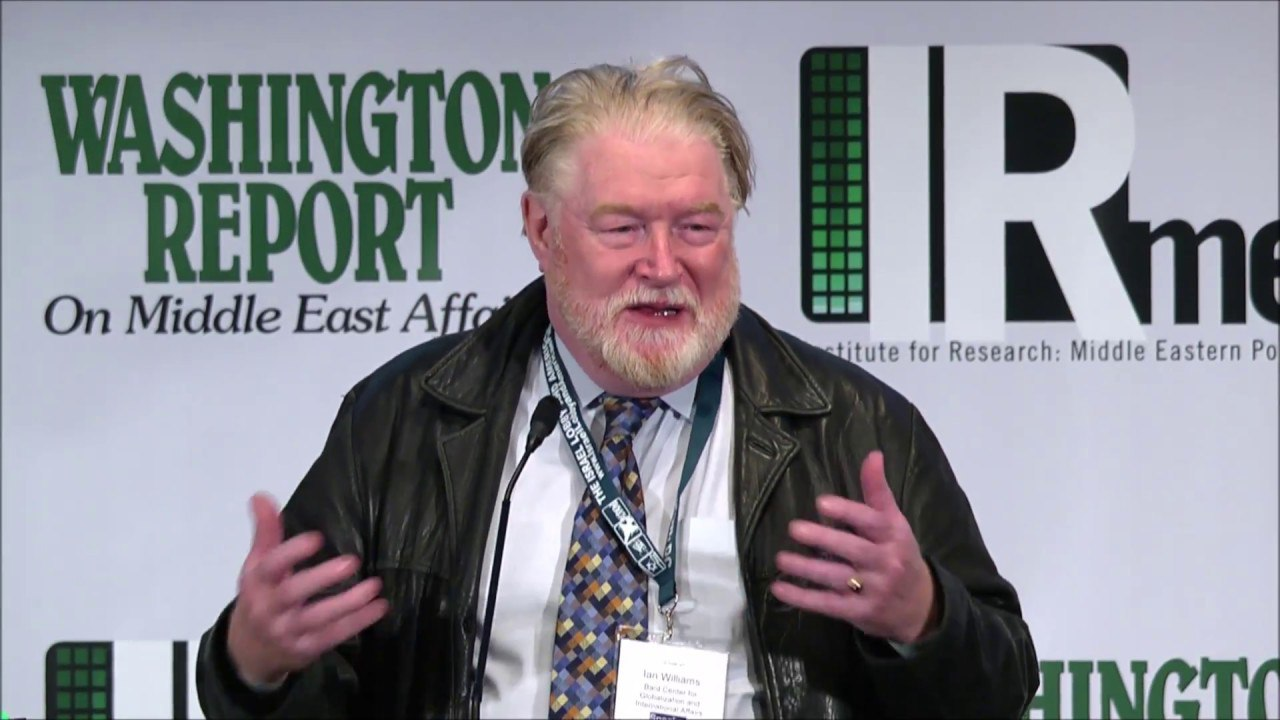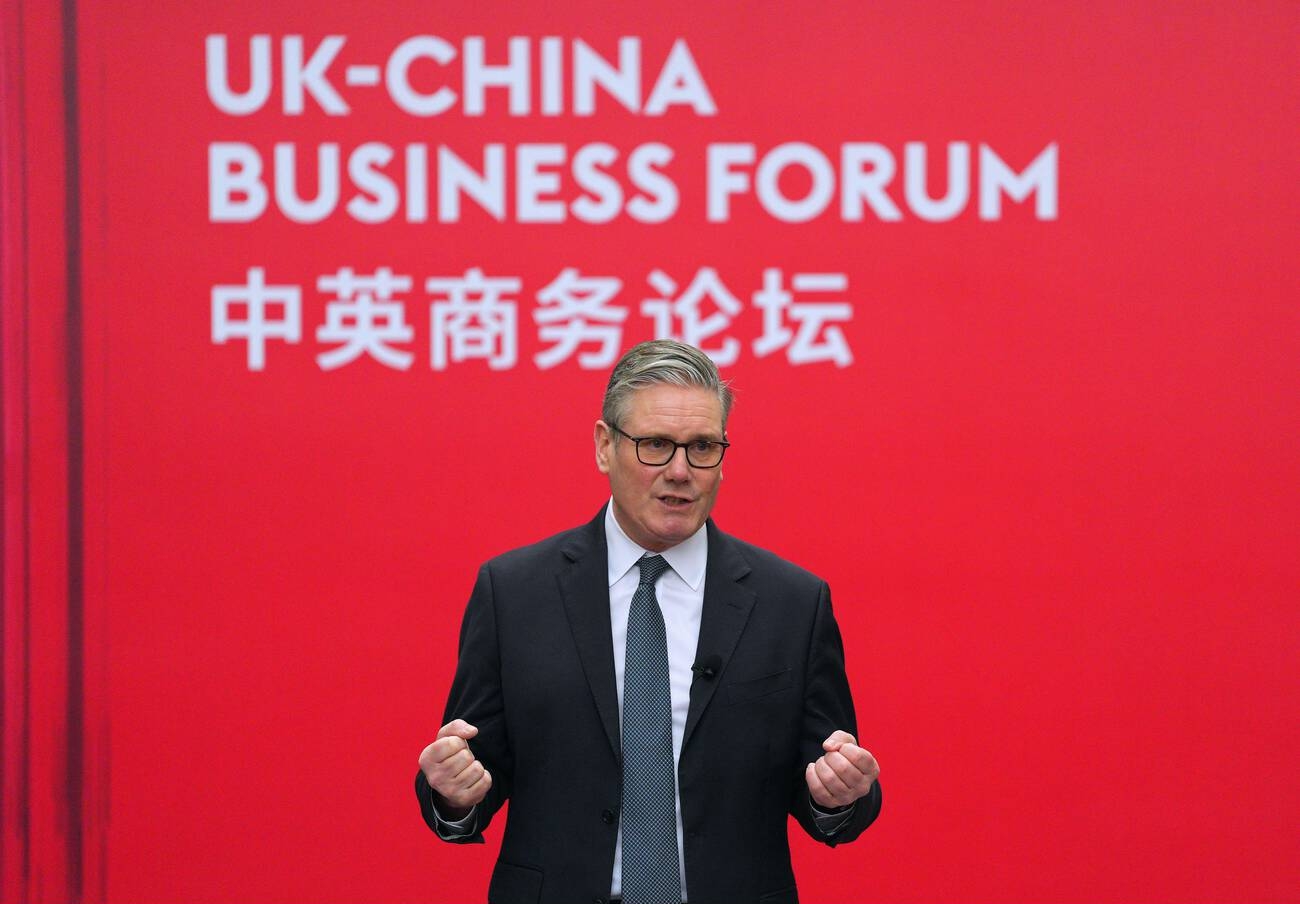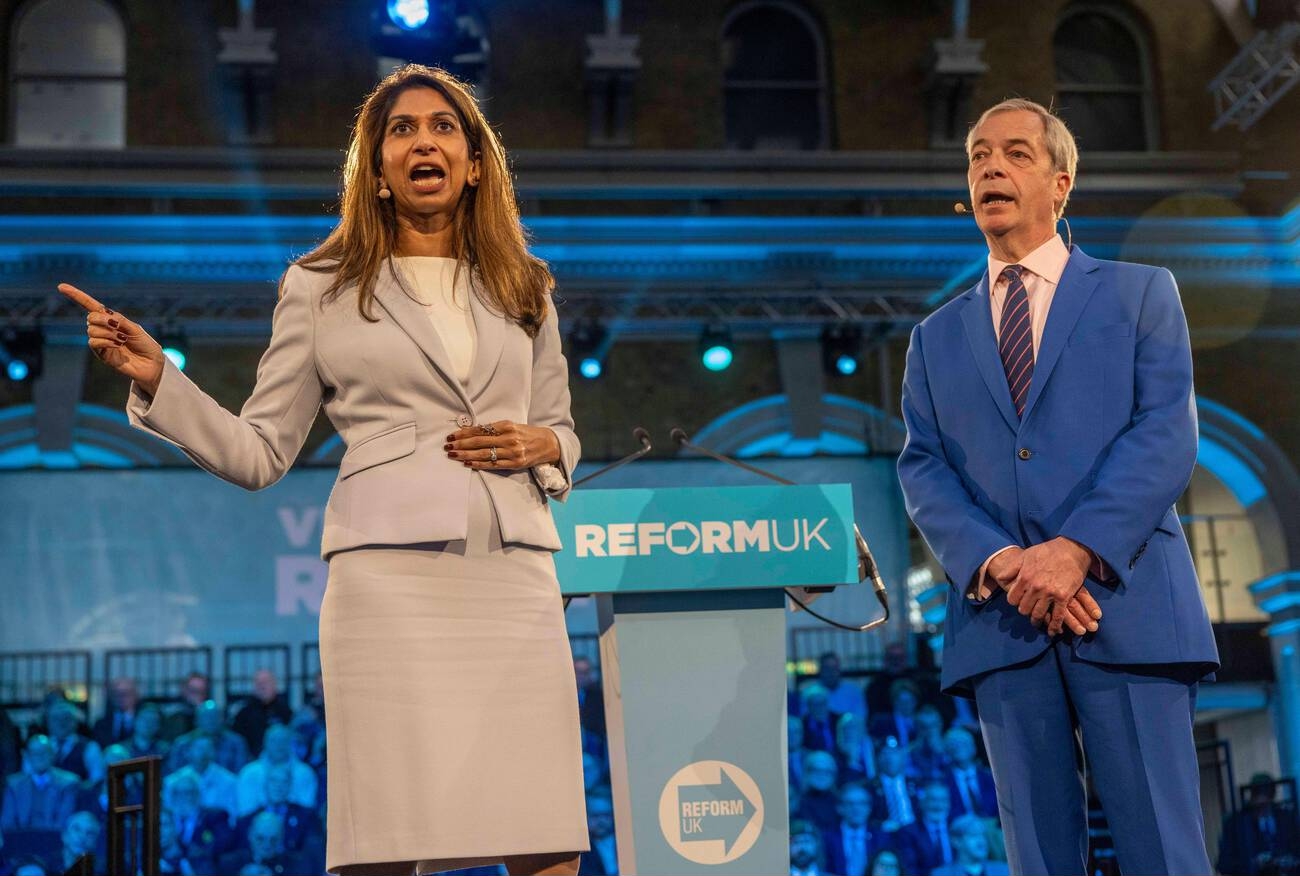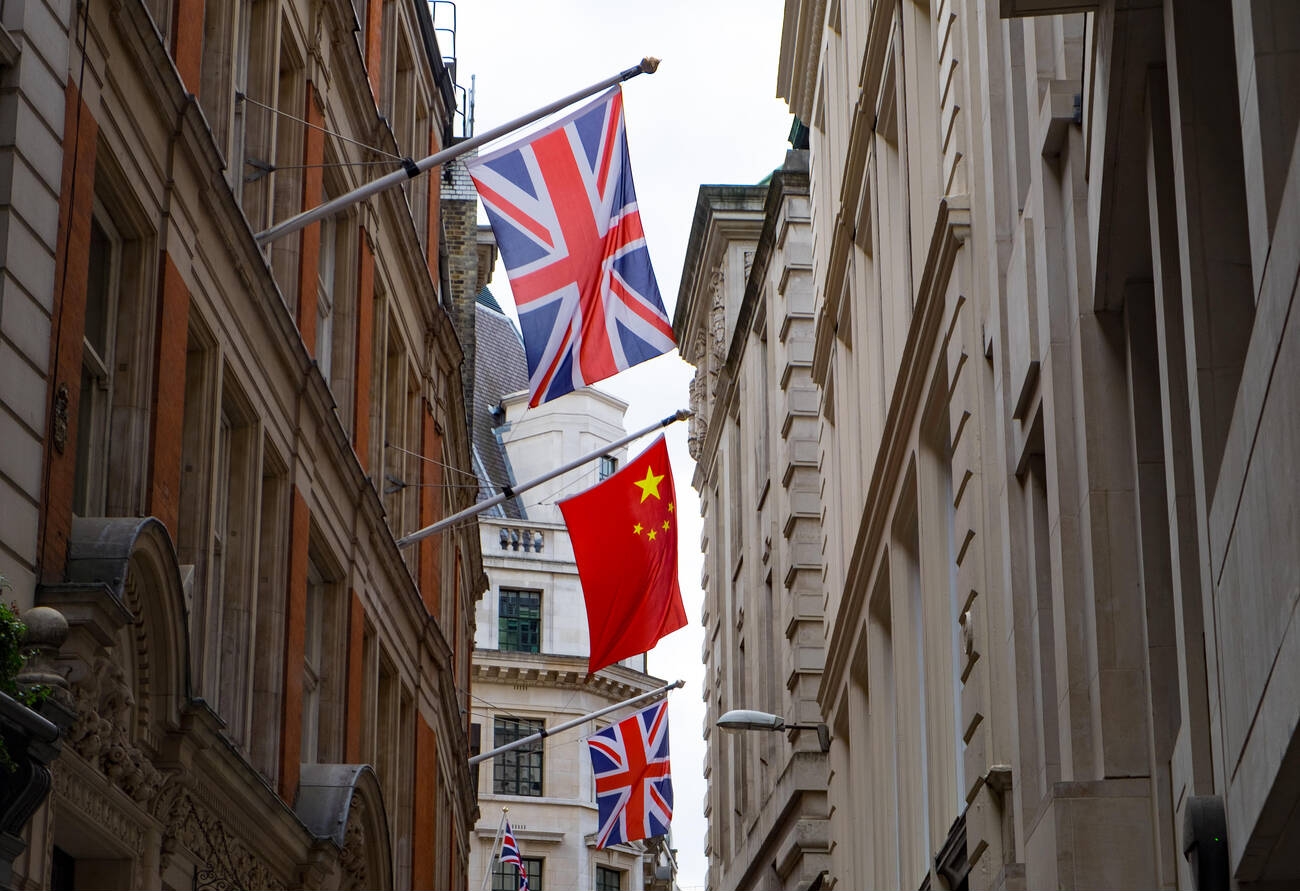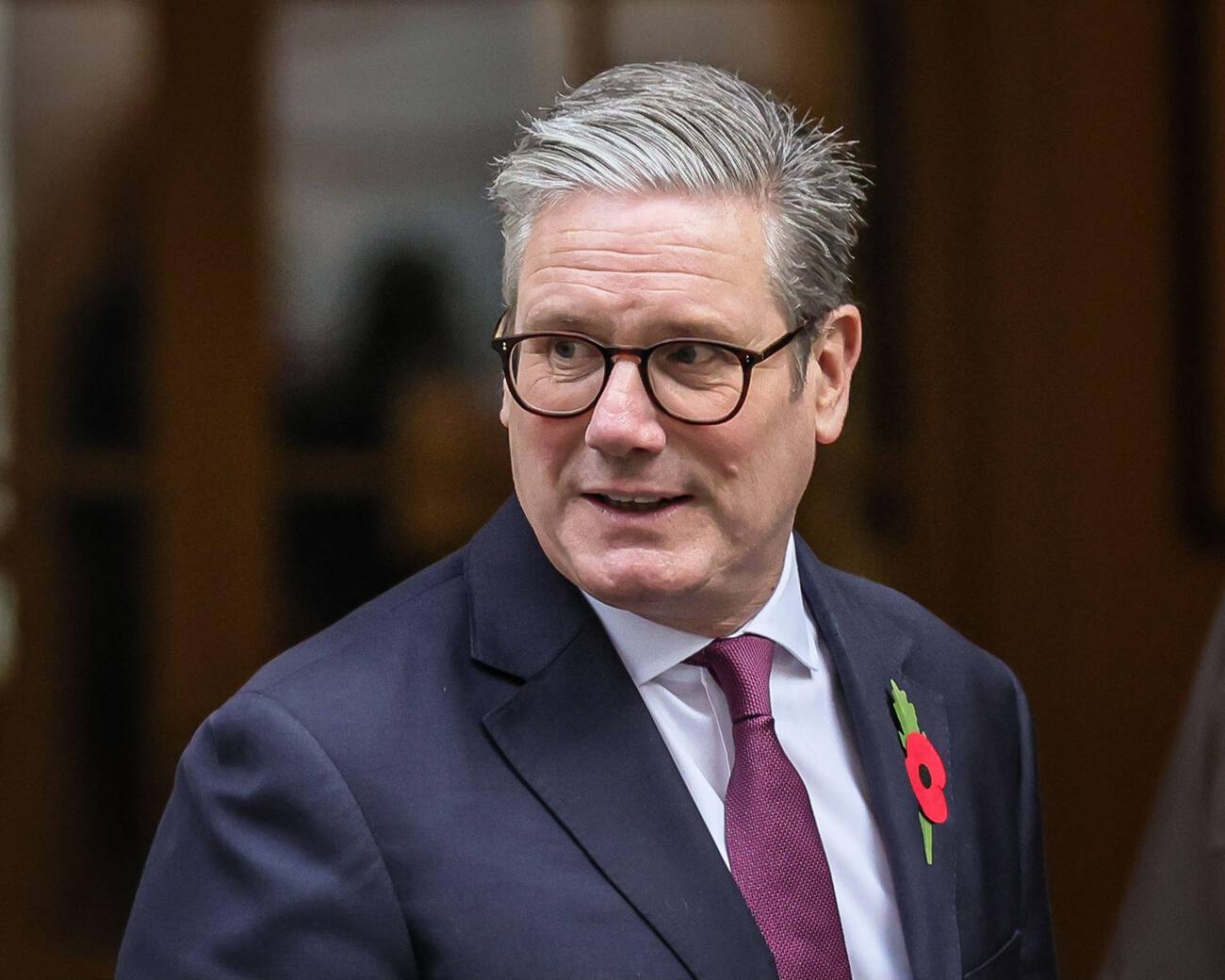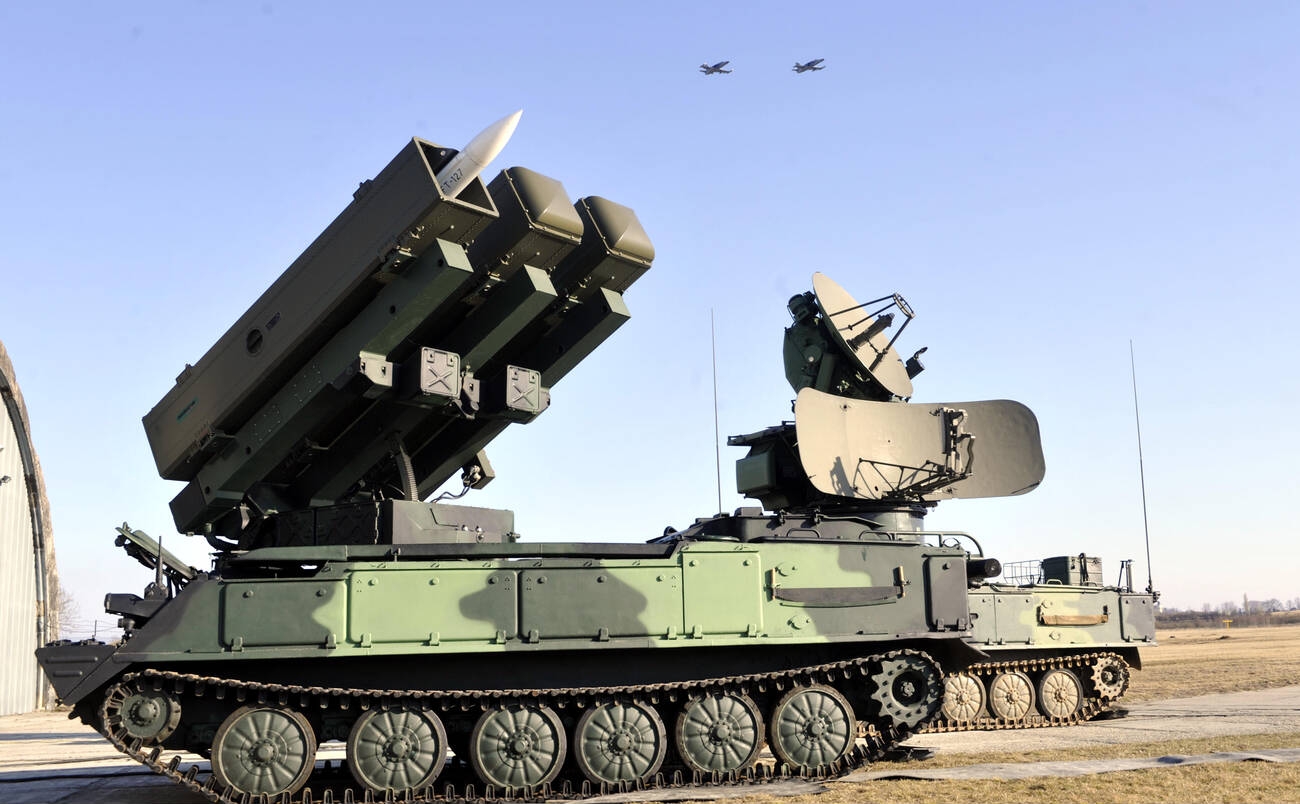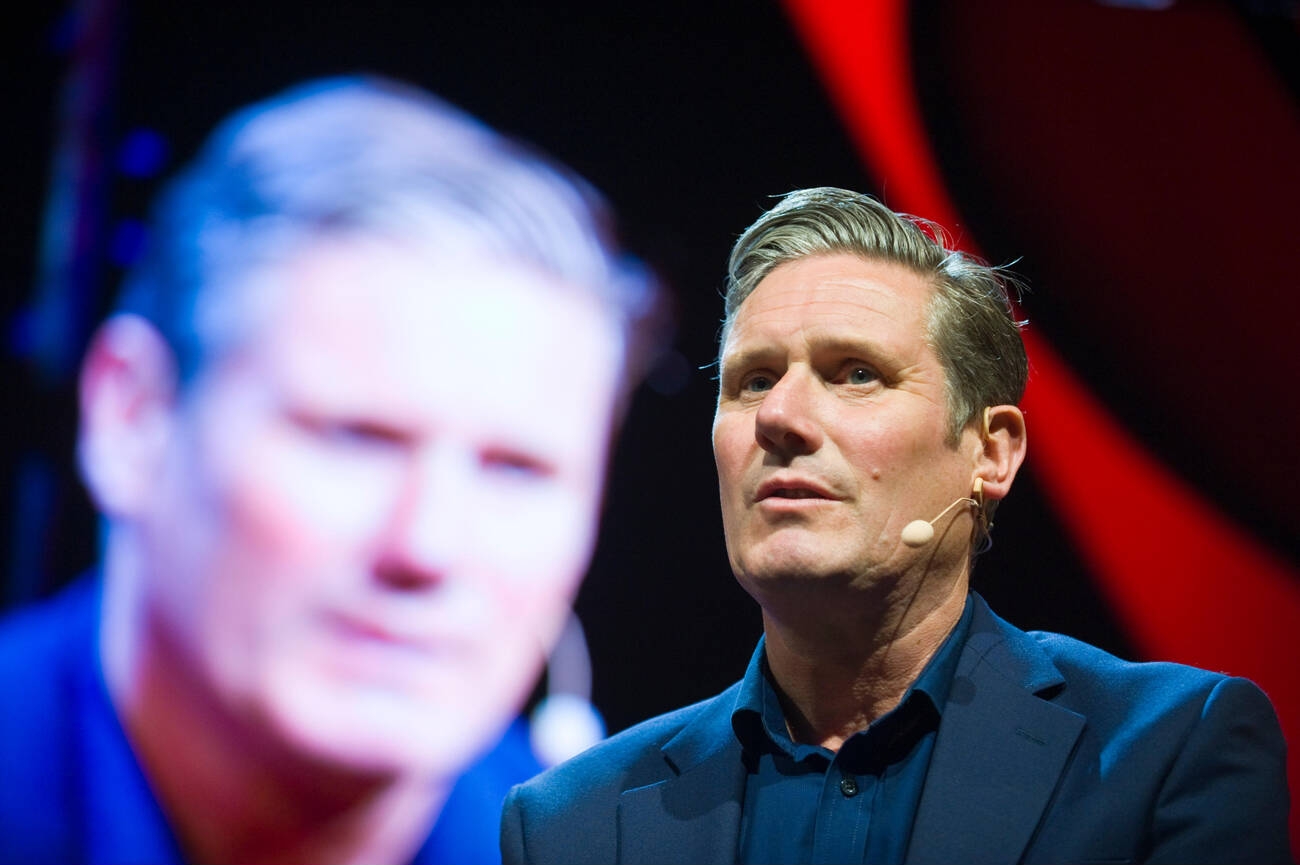Concerns over Trump’s Foreign Policy: Trump 2.0 as a Turbulence throughout the World
A second Trump presidency is a risk, and risks must be mitigated. The different approaches and threats of Donald
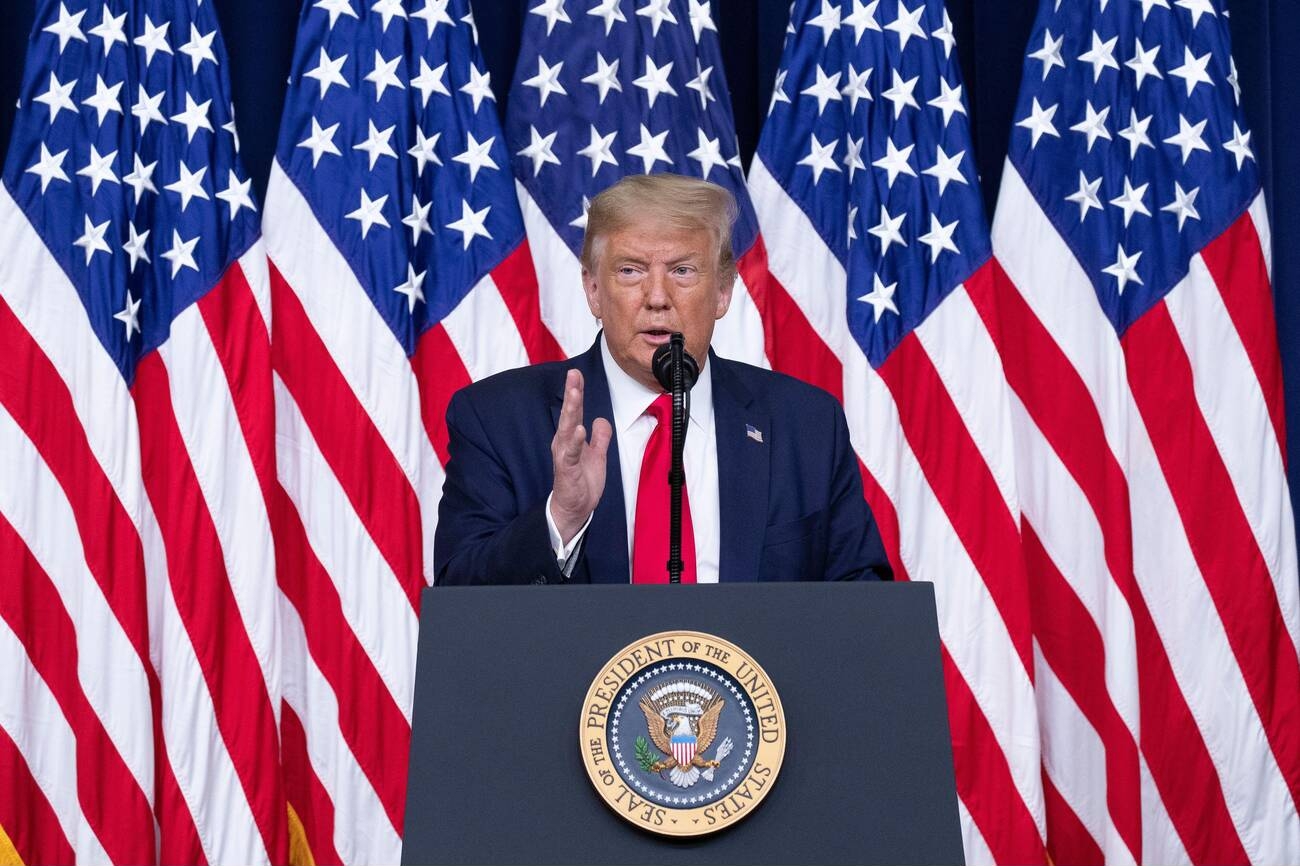
A second Trump presidency is a risk, and risks must be mitigated. The different approaches and threats of Donald Trump as the new president of the US have caused big worries among countries, including the UK and its allies.
Concerns over Trump’s Foreign Policy include the US reactions to the Ukraine war, NATO, China, Israel and Palestinian territories and transatlantic relations. However, as the UK feels worried, a global agreement is required to stop and control Trump from making a tornado of wars in the world.
The Challenges to British Foreign Policy
The US is Britain’s strongest and most important ally. However, the whim of the American public in November 2024 could have significant implications for the future of the UK’s foreign policy. There is little doubt the ‘special relationship’ between the two nations would continue, but the impact would be on far more than bilateral relations.
A second Trump presidency would mean the end of the Biden administration’s liberal internationalism. Moreover, Britain would face complex and evolving security challenges in an increasingly uncertain geopolitical context.
Concerns over Trump’s Foreign Policy: NATO and Security Cooperation
The US and UK have worked closely on security, sharing intelligence through the Five Eyes network. The two countries also have agreements to share research on quantum technologies and engineering biology and test the safety of artificial intelligence.
However, the Institute for Government has commented on Mr Trump’s potential reluctance to engage with partners on international security and defence, including through NATO.
Concerns over Trump’s Foreign Policy: Trump, NATO, Russia
The North Atlantic Treaty Organization is among history’s most successful military alliances. It has tried to secure peace and prosperity worldwide for nearly 75 years. Destroying it for no reason would be a bad idea. During the campaign, Mr Trump repeated concerns that other countries were not paying what they should be into NATO. In a February 2024 rally, he indicated he would encourage Russia to attack countries that had not paid.
Dr Russell Foster, Senior Lecturer in British and International Politics, commented on the implications for NATO. He warned, “Western defence’s future is now looking bleak.” He pointed out that Trump has repeatedly publicly voiced his open contempt for NATO. He even invited invasions of countries that don’t meet their defence spending requirements. He also pointed out that the spending commitments on domestic policies suggest huge funds will have to be diverted from elsewhere, including defence budgets.
Concerns over Trump’s Foreign Policy: Ukraine and Trump
In his victory speech, President Trump said he would “stop wars,” including the war in Ukraine. Hungarian Prime Minister Viktor Orban said that Trump had told him he would stop all funding for Ukraine. Mr Orban said, “That’s why the war will end. Ukraine cannot stand on its own two feet.”
The US has been a major supporter of Ukraine since Russia invaded in 2022. However, Republicans aligned with Mr Trump have stalled a further $60 billion military aid package for Ukraine. Security experts have warned that Ukraine is losing ground without the support. Consequently, the UK and other European allies would struggle to find the resources to fill the gap.
Concerns over Trump’s Foreign Policy: Ukraine and No Support from US
The UK’s policy towards Ukraine would be the most affected. The US has been the strongest supporter of Kyiv to date, providing over $70 billion (£57 million) in military and economic aid. However, under Trump’s projected policies, this may disappear. Therefore, Britain and NATO’s European states would have to significantly increase their assistance to Kyiv to match current supply levels.
Concerns over Trump’s Foreign Policy: Israel and Palestinian Territories
The president-elect and the UK government also hold different positions on Israel and the Palestinian territories. Mr Trump’s unequivocal support for Israel is clear by choosing Arkansas Governor Mike Huckabee to serve as his ambassador to Israel. Mr Huckabee has said, “There’s no such thing as a Palestinian” and supports a one-state solution. The UK in a Changing Europe has described the UK government’s approach to the conflict as having “nuance”. The UK government has suspended some arms sales to Israel. It has restored funding for United Nations relief to the Palestinian people. It also has removed British objections to the International Criminal Court arrest warrant proceedings against Prime Minister of Israel Benjamin Netanyahu. This approach is closer to European nations such as France, diverging from the likely policies of the future US administration.
Concerns over Trump’s Foreign Policy: China
The UK and US may also diverge in their approaches to China. The Financial Times has assessed that the Trump administration will be hawkish. Meanwhile, the UK government has pledged to review its relationship with China.
Foreign Secretary David Lammy visited China in October. Prospect magazine concluded it was a “welcome reset of relations”. However, the UK has “a weak hand to play in an increasingly complex game. The UK cannot expect much sympathy in Beijing unless it is willing to put some distance in its relations with the US”.Prospect noted that the UK seeks cooperation on climate and artificial intelligence issues. Visiting China in November, Prime Minister Keir Starmer called for “consistent, durable” relations between the UK and China.
Global Agreements to Stop Trump
UK policymakers cannot stop Trump from returning. However, if they act together proactively with their European and Indo-Pacific partners, they can mitigate some of the future turmoil. They must ensure that they have strong enough plans. Building multilateral agreements that provide all the required aid to Ukraine to dispel the Kremlin’s forces would be a good place to start. Another solution is strengthening security pacts with the UK’s closest East Asian partners, such as Japan and South Korea.
A British election in the same year as the American one complicates matters, and concerns with international affairs may be low on the UK’s list of priorities. However, scrambling to react in late 2024 would be insufficient, especially when the warning signs are already visible. It is an opportunity for UK policymakers to explore strategies to manage the problems created by Trump’s return.
A New Nra in Transatlantic Relations
Trump’s transactional approach to international relations raises concerns. Early reactions to Trump’s victory offer insights into how the EU might proceed. French President Emmanuel Macron urged Europe to adopt a more assertive stance. He stated, “Europe needs to grow some teeth or risk being eaten by the world’s carnivores. At the very least, we should choose to become omnivores.”
Meanwhile, German Chancellor Olaf Scholz took a more conciliatory tone. He noted that Europe will continue to work well with the future US president. However, we must be cautious that “we must do what is necessary for our security.” Italian Prime Minister Giorgia Meloni seemed to embrace the new challenge. Echoing US President John F. Kennedy, she said, “Don’t ask what the US can do for you; ask what Europe should do for itself.”

